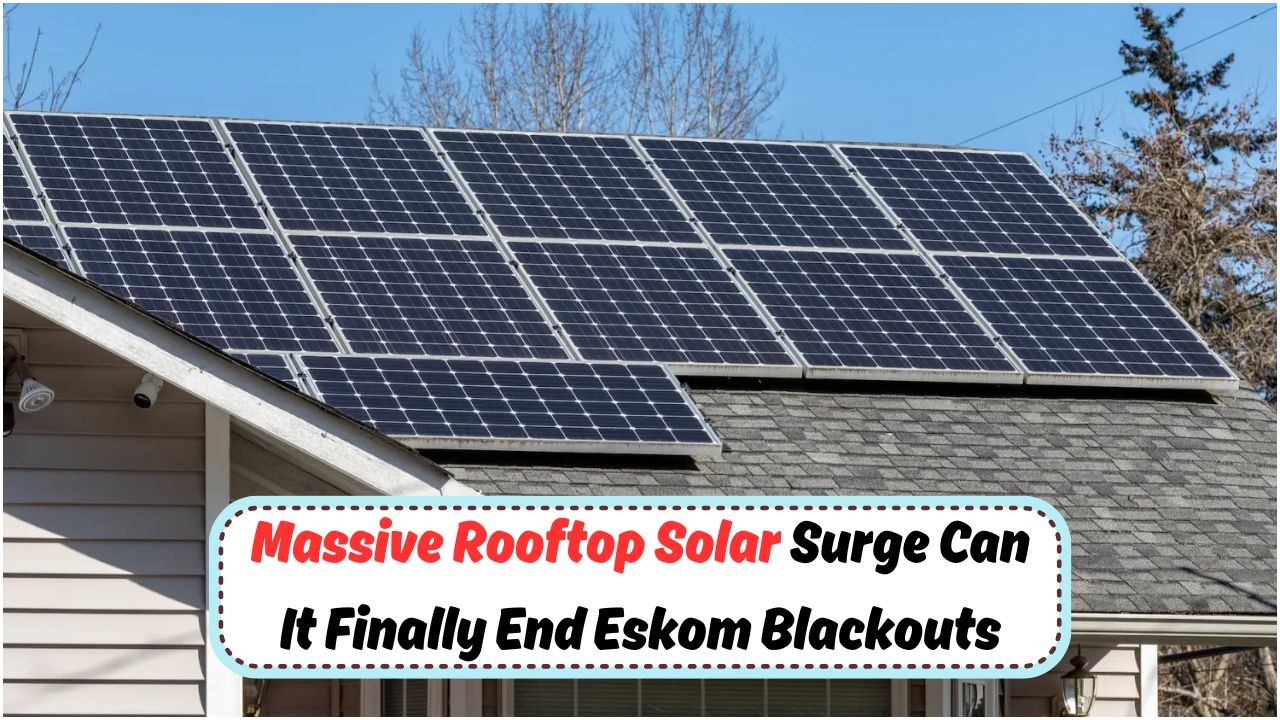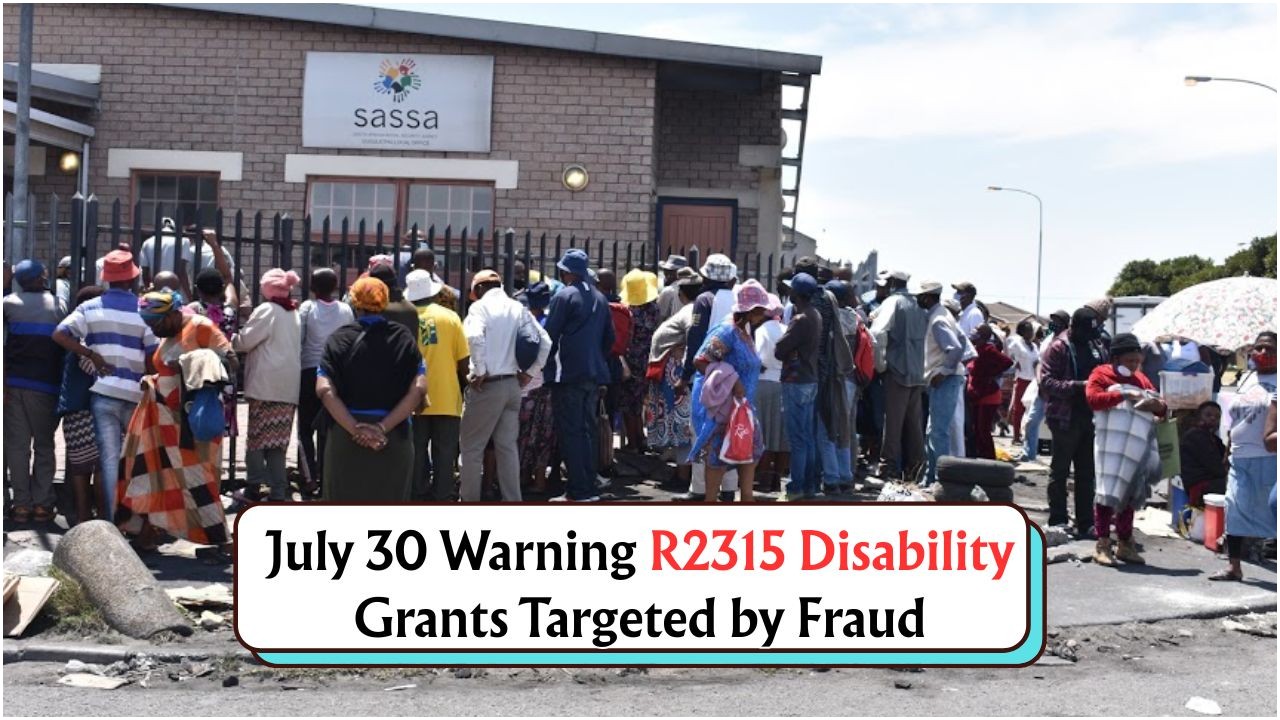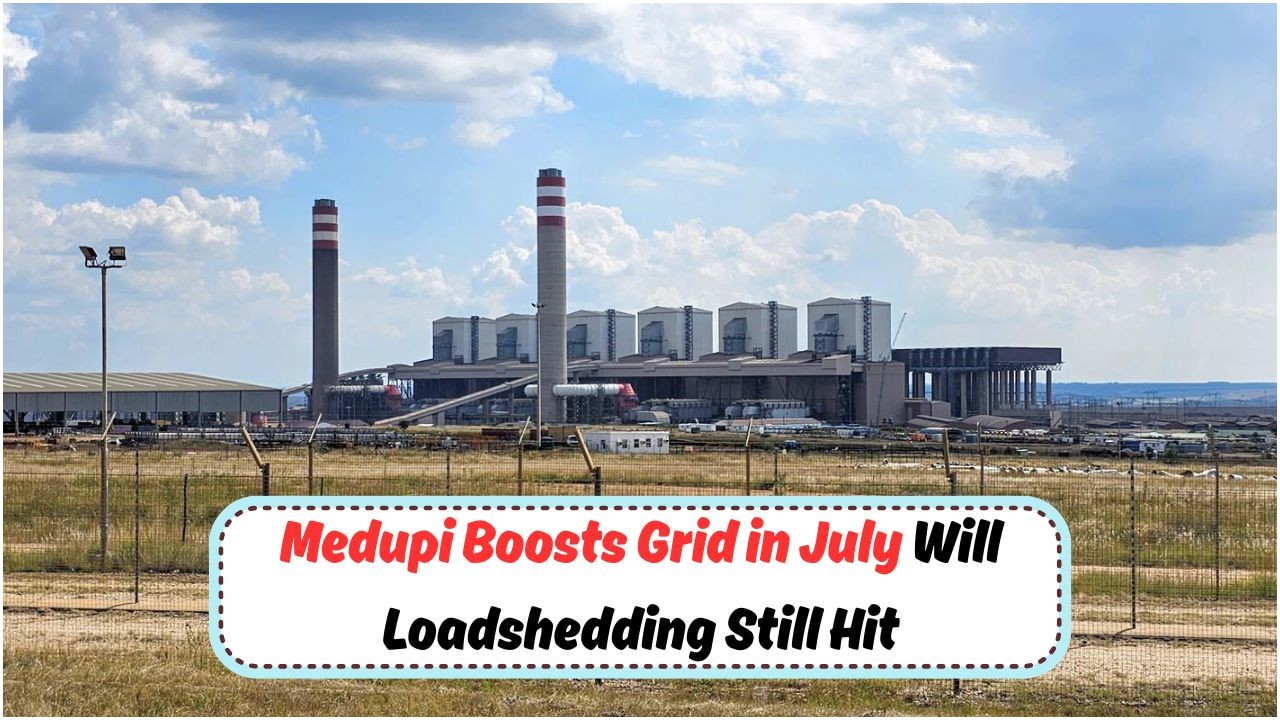Rooftop Solar Surge: South Africa is on the brink of a renewable energy revolution, with a surge in rooftop solar installations projected to generate 4.4 gigawatts (GW) by 2025. As the country grapples with persistent load shedding, the potential of rooftop solar to alleviate Eskom’s power shortages is gaining momentum. The push towards solar energy is not only a step towards sustainability but also an economic opportunity, promising job creation and reduced energy costs. With the government and private sectors investing heavily in solar infrastructure, South Africans are optimistic about the possibility of ending blackouts and moving towards energy independence.
Projected Growth of Rooftop Solar in South Africa
By 2025, South Africa is expected to install 4.4GW of rooftop solar capacity, marking a significant milestone in the country’s renewable energy journey. This growth is driven by a combination of governmental incentives, private sector investments, and increasing public awareness of the benefits of solar power. Residential and commercial buildings across the nation are increasingly opting for solar panels to counteract the frequent power outages. This shift is not only beneficial for individual households and businesses but also plays a crucial role in reducing the national carbon footprint.
- Government incentives are making solar installations more affordable.
- Businesses are investing in solar to ensure uninterrupted operations.
- Residential areas are increasingly adopting solar for energy independence.
- Solar power is a sustainable solution to reduce carbon emissions.
Benefits of Rooftop Solar for South Africans
- Cost Savings: Solar panels can significantly reduce electricity bills.
- Energy Independence: Less reliance on the national grid.
- Job Creation: The solar industry is creating numerous jobs in installation and maintenance.
- Environmental Impact: Solar reduces the carbon footprint considerably.
- Reliability: Solar power ensures a steady supply of electricity.
Economic Impact of Solar Installations
| Year | Installed Capacity (GW) | Jobs Created | Cost Savings (ZAR) | Carbon Reduction |
|---|---|---|---|---|
| 2021 | 1.2 | 10,000 | 500 million | 1 million tons |
| 2022 | 2.1 | 20,000 | 800 million | 1.8 million tons |
| 2023 | 3.0 | 30,000 | 1 billion | 2.5 million tons |
| 2024 | 3.8 | 35,000 | 1.2 billion | 3 million tons |
| 2025 | 4.4 | 40,000 | 1.5 billion | 3.5 million tons |
Challenges Facing Solar Energy Adoption
Despite the promising outlook, the adoption of rooftop solar in South Africa faces several challenges. The initial cost of installation can be prohibitive for some households and small businesses. While government subsidies and financing options are available, they may not cover the entire expense, deterring potential adopters. Furthermore, the lack of technical skills in certain regions poses a barrier to widespread implementation. Training and development programs are essential to build a competent workforce capable of driving the solar industry forward.
- High initial investment costs for solar panels.
- Lack of financing options for low-income households.
- Insufficient technical expertise in rural areas.
Potential Solutions to Overcome Solar Adoption Barriers
To overcome these challenges, a multi-faceted approach is necessary. Financial incentives, such as tax breaks and low-interest loans, can make solar installations more accessible. Developing local manufacturing capabilities for solar components can also reduce costs and create jobs. Education and training programs are critical to equip the workforce with the necessary skills to install and maintain solar systems effectively. Additionally, public-private partnerships can play a pivotal role in accelerating solar adoption across the country.
Steps to Promote Solar Energy
- Enhance government subsidies for solar panel purchases.
- Implement training programs for solar technicians.
- Foster public-private partnerships for large-scale projects.
- Encourage local manufacturing of solar components.
- Raise awareness about the benefits of solar energy.
Case Studies of Successful Solar Projects
| Project Name | Location | Capacity (MW) |
|---|---|---|
| Solar Future | Johannesburg | 50 |
| Green Power | Cape Town | 30 |
| Sunrise Energy | Durban | 25 |
| Eco Solar | Pretoria | 20 |
| Renewable Solutions | Port Elizabeth | 15 |
Impact of Solar Projects on Communities
Rooftop solar projects are more than just a means to end blackouts; they are a catalyst for community development. In areas like Johannesburg and Cape Town, solar initiatives have not only provided reliable power but also enhanced the quality of life, creating opportunities for education and economic growth. Communities are experiencing a ripple effect as solar power enables local businesses to thrive, schools to operate seamlessly, and healthcare facilities to function efficiently.
- Improved access to electricity in underserved communities.
- Enhanced local economies through job creation.
- Increased educational opportunities with reliable power supply.
Future of Solar Energy in South Africa
Outlook for 2025 and Beyond
| Year | Estimated Capacity (GW) | Projected Growth (%) | Key Developments | Challenges Ahead | Opportunities |
|---|---|---|---|---|---|
| 2025 | 4.4 | 50% | Increased adoption | Technical barriers | Export potential |
| 2026 | 5.0 | 14% | Policy advancements | Financing issues | New markets |
| 2027 | 5.6 | 12% | Grid integration | Infrastructure | Innovation |
| 2028 | 6.2 | 11% | Technological innovation | Skilled workforce | Research & Development |
| 2029 | 6.8 | 10% | Global partnerships | Regulatory hurdles | Investment opportunities |
| 2030 | 7.4 | 9% | Energy independence | Environmental impacts | Sustainability |
FAQs on Rooftop Solar in South Africa
1. How much does it cost to install a rooftop solar system in South Africa?
The cost of installing a rooftop solar system can vary depending on the size and complexity of the installation, but on average, it ranges from ZAR 70,000 to ZAR 150,000.
2. Are there financial incentives for installing solar panels?
Yes, the South African government offers various incentives, including tax rebates and subsidies, to encourage the adoption of solar energy.
3. Can solar power completely replace Eskom’s electricity?
While solar power can significantly reduce reliance on Eskom, a complete replacement would require a combination of renewable sources and grid enhancements.
4. How long does it take to recoup the investment in solar panels?
Typically, households can recoup their solar panel investment within 5 to 8 years through savings on electricity bills.
5. What maintenance is required for rooftop solar systems?
Maintenance for rooftop solar systems is minimal, typically involving regular cleaning and periodic inspections to ensure optimal performance.
Advancing Toward a Solar-Powered Future
The journey towards a solar-powered South Africa is both challenging and full of potential. As more rooftops transform into energy hubs, the dream of a blackout-free nation seems more achievable than ever. With continued investment and innovation, solar energy could become the cornerstone of South Africa’s sustainable future.







